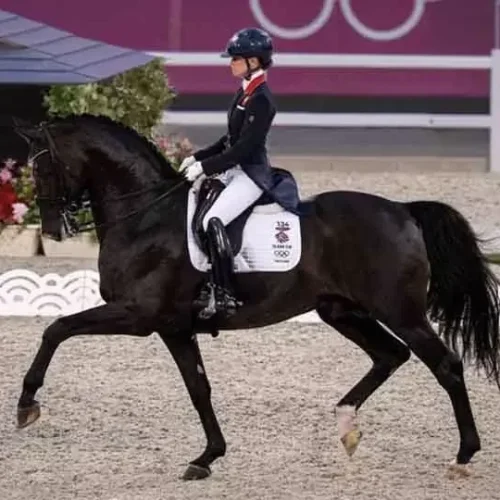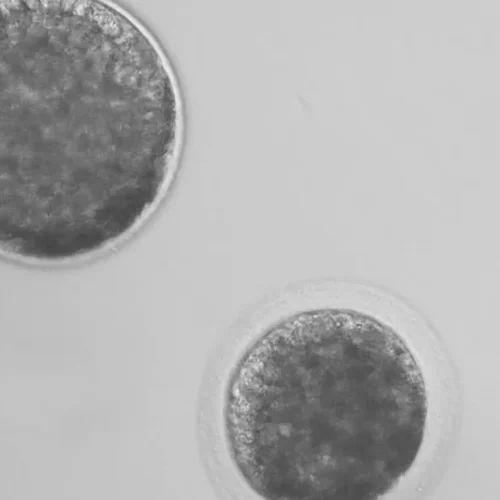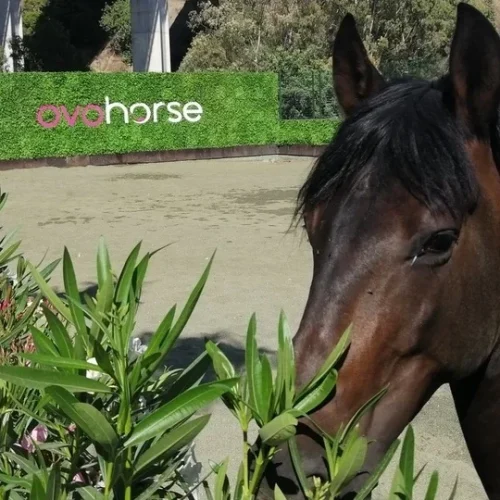The first six months of a foal’s life are crucial to ensuring good health and development throughout its lifetime. During this period, they experience rapid physical growth, develop their immune system, and go through significant behavioral and health changes. Below, we outline the most important aspects:
– NUTRITION:
Mare’s milk should be the foal’s primary source of nutrition during the first weeks of life. It contains all the necessary nutrients for growth, development, and strengthening of the immune system. It’s important to observe the foal during the first hours after birth to ensure it nurses colostrum. This is the first milk produced by the mare and is rich in nutrients, energy, and antibodies.
If the mare cannot provide enough milk, artificial supplementation may be used. This milk should be specifically formulated for foals and administered according to veterinary guidance. Overfeeding must be avoided, as it can cause digestive issues and physical or musculoskeletal development problems.
Starting at 2-3 weeks of age, the foal may begin to show interest in other types of food, even though its main diet will still be mare’s milk.
Between the fourth and sixth month, weaning typically occurs, though this will depend on the breeder and, of course, the mare and foal. When weaning takes place, high-quality hay should be offered to help the foal begin developing its digestive system. As the foal grows, feed, other types of forage, and dietary supplements can be gradually introduced following the veterinarian or equine nutritionist’s recommendations. A horse’s diet must always be adapted to its individual needs. An eight-month-old foal, a twelve-year-old competition horse, or a pregnant mare do not eat the same type of feed. Intake must be tailored in terms of food type, administration method, and quantity.
– ENVIRONMENT:
Foals need a clean, safe, and appropriate environment for healthy development. They should be raised in spacious areas with enough freedom and in the company of other horses, allowing space to run, play, and build muscle.
This space should include a proper shelter to protect the foal from cold, rain, and sun. The shelter must be large enough for the foal to enter and exit freely, and it should be located in a dry, well-ventilated area.
– VETERINARY CARE:
Regular veterinary care during the first months is essential—keep your vet’s number handy at all times. The veterinarian should conduct regular check-ups to assess health status, deworm the foal, and administer vaccines according to the recommended schedule.
Horses have a very delicate digestive system; the word “colic” is dreaded among horse lovers, and while not always preventable, having a good vet nearby can help mitigate risks.
In the early stages of a horse’s life, guidance from a qualified professional can help prevent future problems.
It is important to monitor the foal closely and report any changes in behavior, appetite, or health to the vet. Some common signs of illness include:
- Fever
- Diarrhea
- Lack of appetite
- Lethargy
- Breathing difficulties
- Irritability
– EXERCISE:
It is always advisable to allow the foal time to run and play freely. From 4-6 months of age, light training sessions can begin, always taking into account the foal’s age and development.
Excessive training or strenuous work must be avoided, as this can harm their still-developing joints and bones.
In their natural habitat, the foal and mare graze and gallop all day long. Owners are responsible for providing a safe and friendly environment where the foal can thrive, stay active, and enjoy movement as much as possible.
As a side note, it’s important to know that a foal does not fully develop until approximately six years of age.
– SOCIALIZATION:
It is very important for foals to interact with other horses from an early age, always accompanied by them. This helps them develop proper social skills and avoid future behavioral issues.
Keeping a close eye on your foal during its first months is essential. Make sure to surround yourself with good professionals who can provide advice at all times.
We are committed to making your dream come true and helping you “create” your future foal. We’ll accompany you through the entire process, from OPU to the birth of your future champion. For more information, contact us at info@ovohorse.com or WhatsApp.






